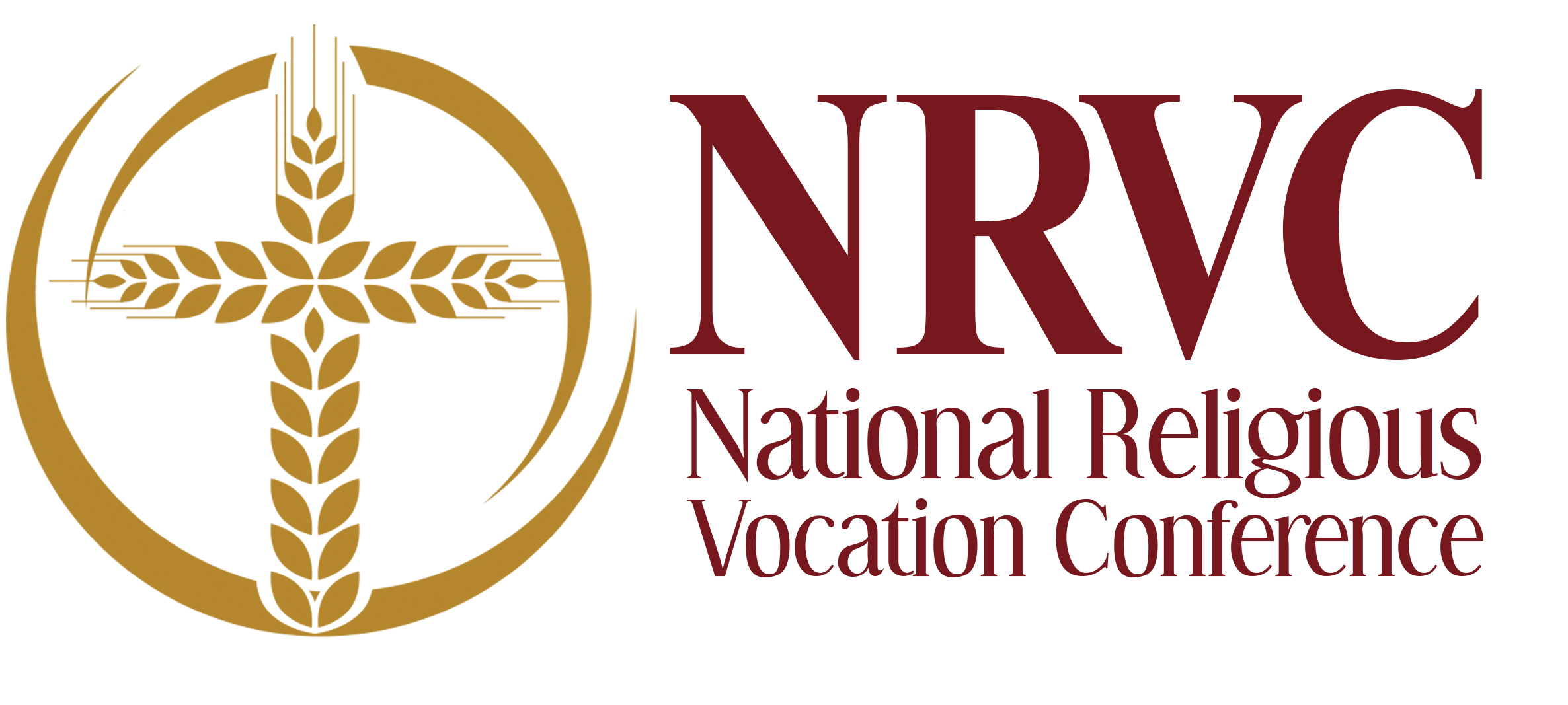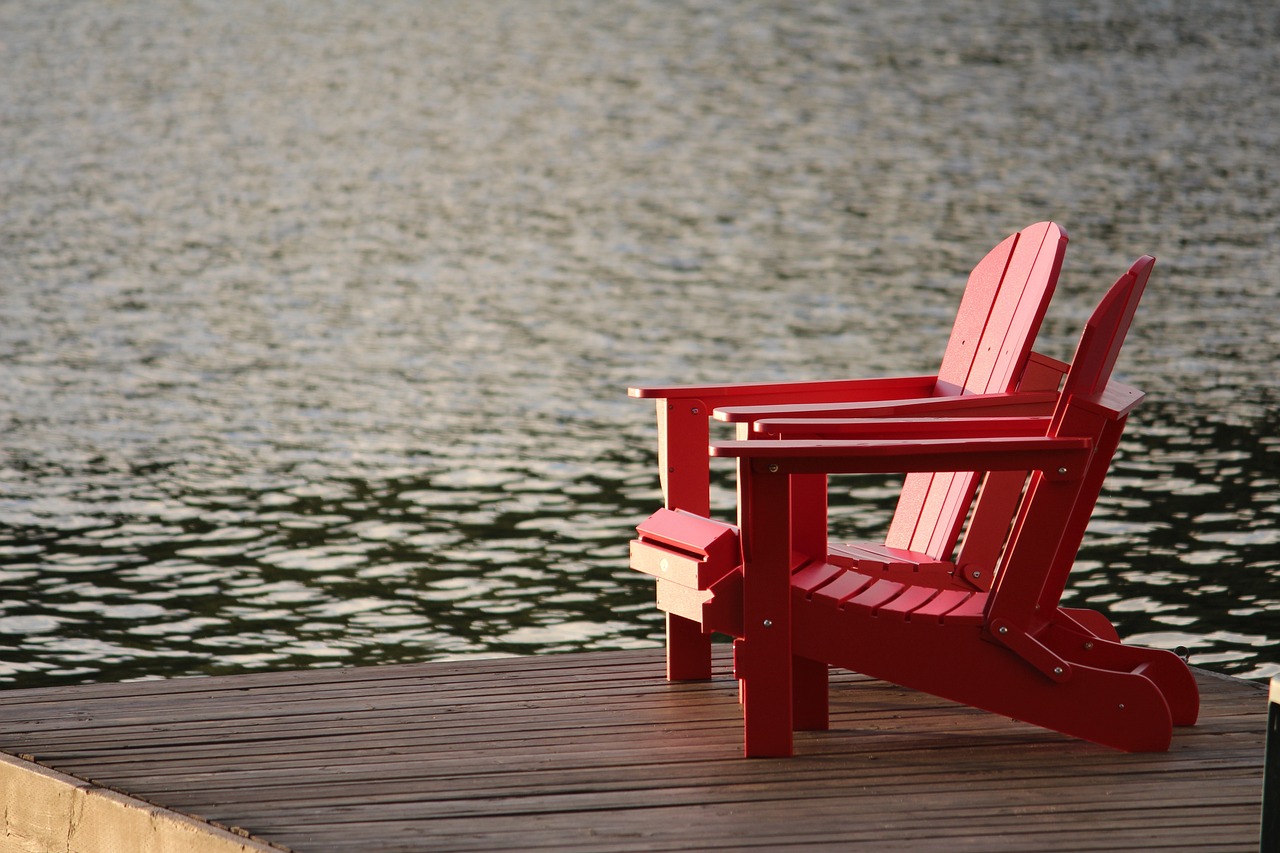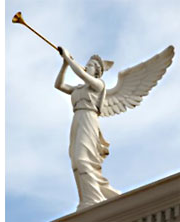|
RECLAIM THE RIGHT TO REST
I did it again. Booked myself solid for yet another season. I promised last year to ramp down public appearances and the signing of project contracts. I made the same pledge the year before. But my resolve seems to be quite weak on this score. A request comes in from a retreat center I like working with, or a pastor I've served before. I decide this gig will be easy, more fun than work, an exception I'm willing to make for a friend. So another season hardens into a block of responsibility with no time for rest or recovery.
It's become a badge of honor for us to start many conversations by saying how busy we are. Even retired people recite their crowded schedules with a note of pride at how necessary their activity still appears to be. The present economy intimidates us into avoiding the practice of Sabbath and drives us to work beyond our most productive years. We're all a little afraid to be deemed expendable.
Are we really defined so completely by what we can produce? Professor Andrew Blosser challenges us to reconsider our obsession with busyness. In his book, The Ethics of Doing Nothing, he makes a biblical and moral argument for resisting the voices that compel us to overwork. Three evils are served by making an idol of work: workers are exploited; status anxiety is inflated; and environmental damage is exacerbated. If we do less, we become healthier and more human.
—Alice Camille,
reprinted with permission from TrueQuest Communications
|













